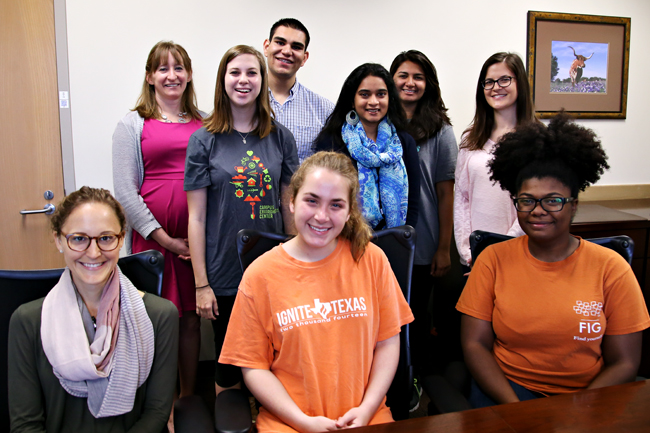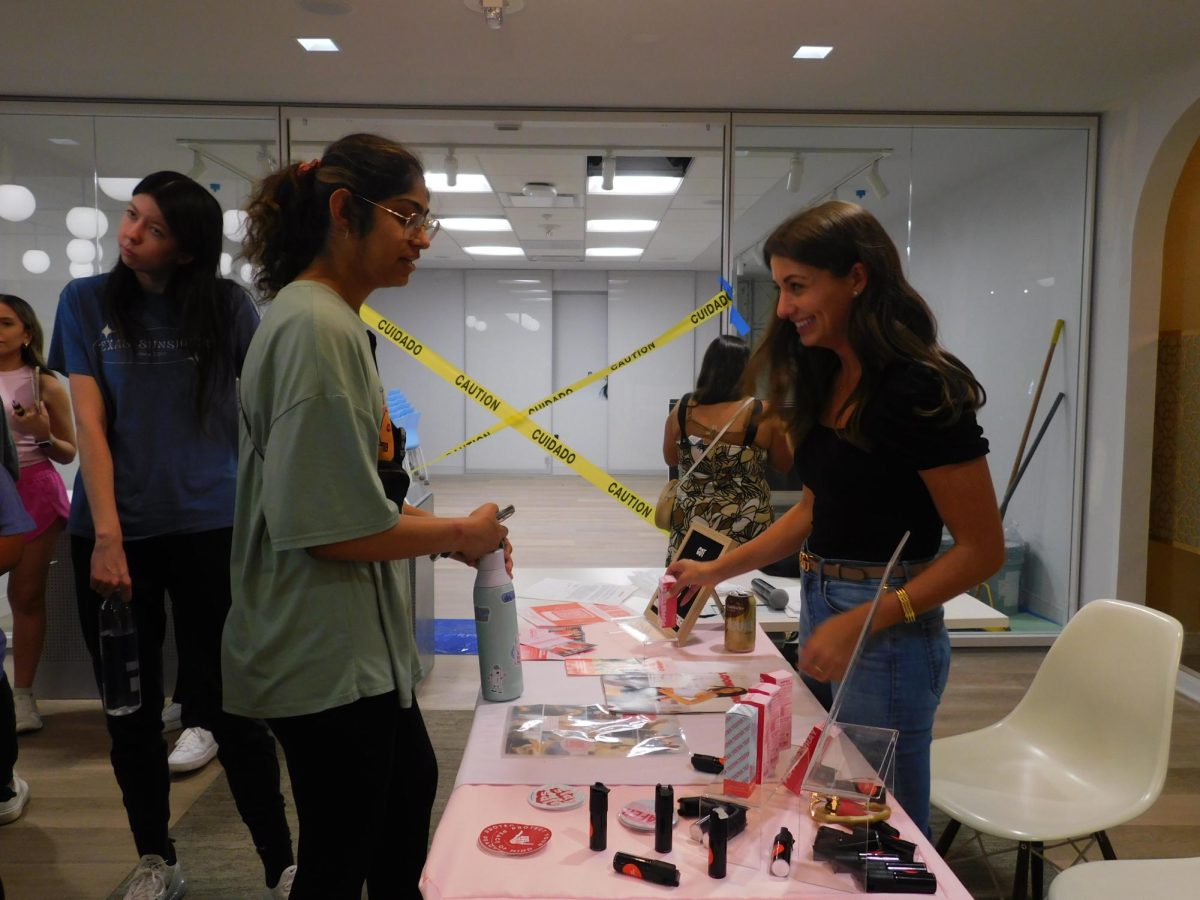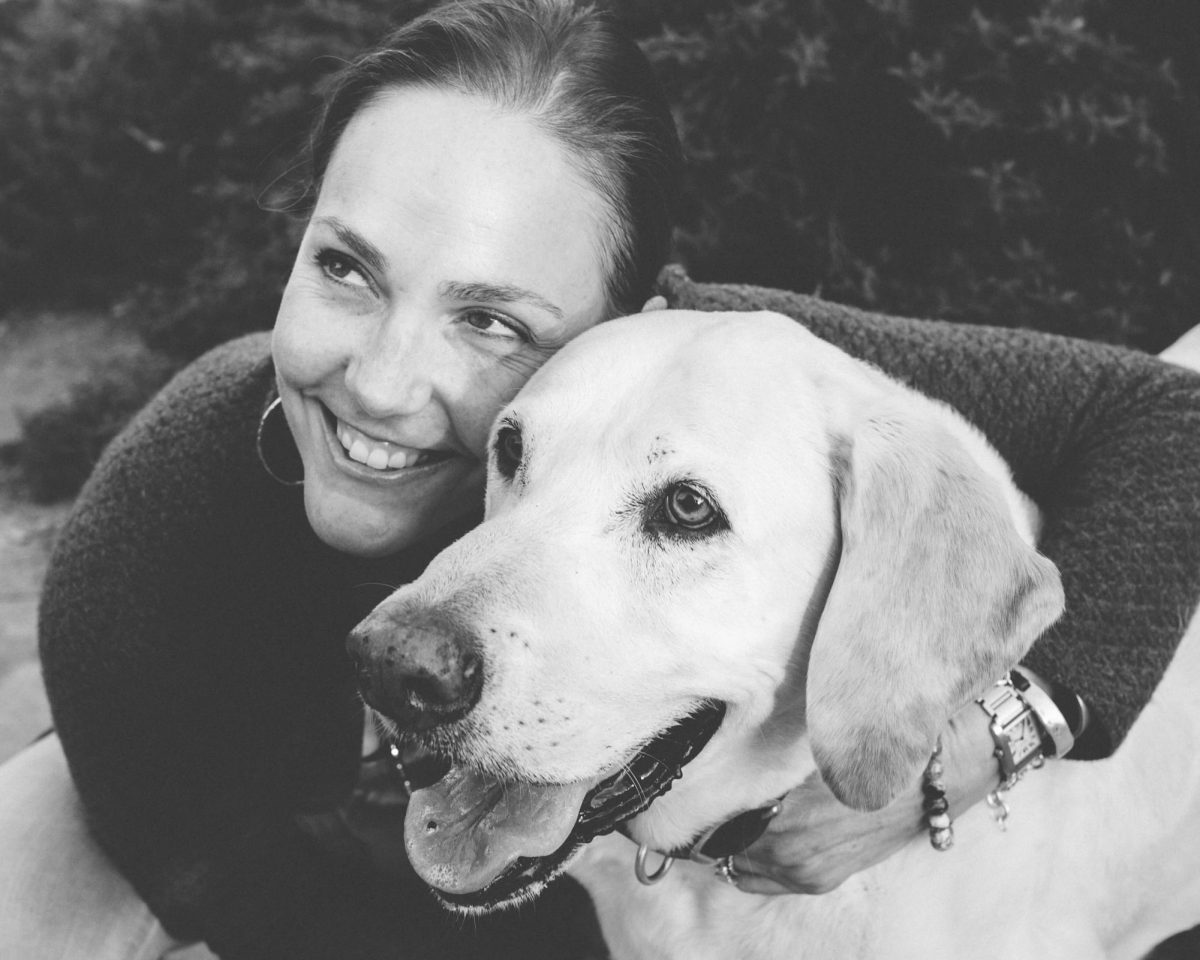Before psychology junior Mehak Gupta began her term as a peer educator in the Counseling and Mental Health Center (CMHC), her instructor asked her to do one thing — make a personal self-care plan.
The instructor, Katy Redd, CMHC’s assistant director for prevention and outreach and founder of the Peer Educators Program, wanted Gupta to experience for herself the kinds of programming Gupta would soon be teaching.
“The fact we made that self-care plan for ourselves really helped us put into perspective our stress and make sure we weren’t too stressed either,“ Gupta said.
Redd's three-semester-long Peer Educators Program, the first of its kind at UT, gives a small group of students the opportunity to learn how to lead stress-management courses called “Resilience Workshops” for different on-campus organizations.
Gupta and her classmates, who are finishing up their second semester, will be the first cohort to have completed three courses for credit. The first three-credit course is lecture-based and covers topics such as public health theory, how to identify depression and good public speaking practices. Over the next two semesters, the students take two single-credit courses to develop their workshop presentations.
Student organizations with at least 15 members can request two or three peer educators to conduct a 45-minute presentation on stress-management and the importance of self-care. Gupta said the workshop addresses conventional ideas of success and harmful elements of the collegiate atmosphere.
“Everyone takes pride in who’s the most busy,” Gupta said. “It’s not even a matter of grades — it’s a matter of how busy you are. That’s so stressful. If you think about it, why can’t a person just step back and relax?”
The Resilience Workshop exercises train the students to approach daily stresses with fresh perspective. Gupta said one of her favorite exercises was a Mad Libs-based exercise that required students to think back to a time they failed. The exercise challenges participants to compare the way they felt during the experience with the way they feel now.
“If you have a failure, at the moments its like, ‘Wow this sucks,’” Gupta said. “A year down the line, you’re like, ‘Why was I stressing about that so much?’ We try to bring that to people’s awareness.”
For Gupta, “personal failure” came her freshman year when she decided to drop her pre-med major and focus solely on earning a psychology degree.
“As I was doing the pre-med courses, there was this struggle, and I wasn’t even enjoying it,” Gupta said. “I told my parents, ‘I’ll make a sucky doctor, but I’ll make a really good psychologist because I’m passionate about it.’”
Gupta said it wasn’t an easy decision to tell her parents the pre-med track wasn’t for her, but out that conversation came a realization: Communication is key. She and her fellow peer educators takes this lesson with them to every workshop they teach.
“When we see people who are discussing their failures and talking about [them], there is a smile on our faces because it’s being discussed,” Gupta said. “It’s not being bottled up.”
This ability to reflect honestly, even when that honesty is hard, comes in handy for the peer educators. Marian Trattner, a suicide prevention coordinator and the program’s instructor, said a successful educator is a mature communicator. Above all, Trattner said, the student must be passionate about promoting positive mental health.
“For some of our peer educators, this issue touches them very close to home,” Trattner said. “That’s not a requirement for the class, but I do think if this issue touches you personally in some way, it’s going to make you that bigger of an advocate.”
Redd said she created the program last spring after years of receiving inquiries from students who wanted to get further involved with CMHC’s outreach work. Reed said student interest in CMHC programming marks a change in the way students engage with mental health.
“It used to be nobody wanted to be involved with CMHC, and that’s changed,” Redd said. “That’s been changing, thanks in part to this generation. Students are a lot less afraid of talking about mental health and counseling.”





















